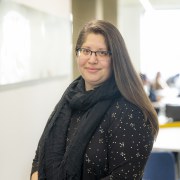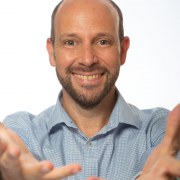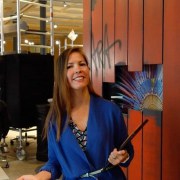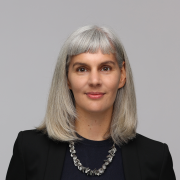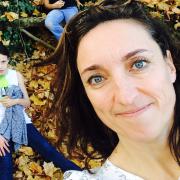Moving beyond COVID-19: successes and failures of our digital presence
Marketing & communication
In the beginning of 2020, many of us woke up to a reality of strict lockdown, meaning our institutions were stripped of their physical presence overnight with only a digital presence (websites & social media) as a means communicate with our audiences. A research project that started in 2020 investigated the digital presence of 233 institutions (science museums, centres, zoos, botanic gardens, aquaria and planetariums) in five countries. Its findings will be the starting point of the session.
We will then ask our panel of practitioners to relate to the data and talk about successes and failures they encountered in their digital presence during the pandemic. We will ask them to relate to how the digital presence has changed (if at all) beyond the pandemic. The session will be a critical reflection into what, why, how and if we should communicate with our audiences online. Participants will be given the chance to reflect on their digital practice in the past, present and future.
Outcomes: what will participants get from this session? Skills, knowledge, experience etc.
- Participants will learn about the content of digital presence of institutions of informal science education during the pandemic and beyond
- Participants will learn of successes and failures of other institutions in regards to a digital presence
- Participants will have a chance to reflect on their own digital presence strategy
- Participants will be invited to join a network aimed at improving the fields’ digital presence
Facilitator
University of Southampton
Southampton
United Kingdom
Session speakers
Lecturer in Science Education
University of Southampton
Ran Peleg is a lecturer in the Southampton Education School of the University of Southampton. He specialises in learning in designed informal environments. He has both practical and research experience in informal experiences including education escape rooms, museum theatre and science storytelling. In this session he will present the research conducted on the digital presence of institutions of informal science education during the pandemic.
Museum für Naturkunde Berlin
Some months into the pandemic in 2020, I became the first digital curator of our museum. For our research & science communication project, led by four institutions, among them two museums, a university research group and UNESCO geopark, I am in charge of developing the online exhibition, in order to present the ongoing processes of science and our digitisation methods. To share our processes behind the scenes within our research group and in our labs, we started to train our scientists utilizing the social media tools for their direct outreach, as well as developing digital video tours and tours in 360 degrees. I will reflect to our team experiences with these different formats and various digital tools in our ongoing process.
Stephane is the CEO of Technopolis. When the pandemic hit, Technopolis had no choice but to go digital. Stephane will talk about Technopolis’s experience in which in two years, their digital offering went from offering online experiments that could be performed at home to sponsored content by companies. He will also address financial sustainability, interest, the realities of using social media and the future evolutions of their digital offering.
When the pandemic hit, the Knowledge°room, a mini science centre inviting especially marginalised audiences to engage with science and technology, had to close its doors. In order to stay in contact with their visitors, Sarah and her colleagues at the ScienceCenter-Network experimented with different online formats, from creating a dedicated blog to online science engagement workshops. In the session, Sarah will reflect critically on these digital endeavours and raise the question if they were the right strategy to reach out to deprived communities.
Annette is part of the communication department and is head of a digital team in the Deutsches Museum, Munich. The lockdown has led to an increase in new formats produced by various teams in the museum who had lost contact with their target audiences. Annette will present this positive impact on creating science related content for diverse audiences. She will give an overview of various platforms and formats of the Deutsches Museum digital presence and will share insights of the latest project: a podcast that features highlight exhibits and research work.

